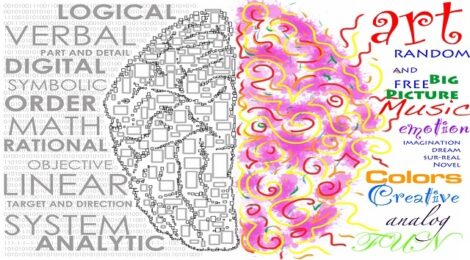
SERMON: ARISE, SHINE, FOR YOUR LIGHT HAS COME
A sermon for Epiphany preached by Graham Low on 2 January 2022.
Arise, shine, for your light has come. This is a wonderful description of what the Epiphany is about. These words are a sharp contrast with our world which seems overwhelmed with darkness about the almost uncontrollable pandemic, about the present and predictable consequences of climate change, about famine, about warfare, and about many increasingly dictatorial and corrupt governments.
The third part of the book of Isaiah, from which today’s first reading comes, was probably written somewhere between 530 and 510 BC in a world that was also overwhelmed with darkness. But in today’s passage the darkness has been pierced with a brilliant patch of light: arise, shine, for your light has come. The light is shining from the Jews newly re-establishing in and around Jerusalem. There is a promise that the Lord will arise in glory. Gentiles still in darkness will find the new light among the people of God so attractive that they will flood towards it, and bring gifts, among them gold and frankincense.
There is a strong echo of this passage five centuries later in the temple in Jerusalem when an old man is astonished to witness fulfilment of God’s promise: “my eyes have seen your salvation which you have prepared in the presence of all peoples, a light for revelation to the gentiles”. That old man is Simeon, and what he sees is Jesus. Arise, shine, for your light has come.
The biblical accounts stress that God’s plans are for all people, and not just for the Jews. Jesus’ own family became aware of this from the time of his birth. Thus we read Matthew’s account of the arrival of the non-Jewish wise men from the east following a star and also bringing gifts, echoing the words of Isaiah.
But the most significant echo of Isaiah is found a little later in Matthew 5.14, 16. You are the light of the world. A city built on a hill cannot be hidden….let your light shine before others. The responsibility of being that light was given to the Jewish people first. Then it passed to Jesus.
The light of God dawning with Jesus Christ came about during a further time of darkness for the Jewish people, under occupation, and oppressive dictatorship. Unlike Luke, Matthew’s account of the birth of Jesus mentions royalty but not shepherds. Different though the accounts may be, they both stress that the one to shepherd the people of Israel will be unlike any king the world has known, and will not be found where kings usually live their lives.
The most familiar human image of Epiphany is of the three kings or wise men. There is an element of surprise here. Whoever these people are, it seems certain that they are very unlike the people of Jewish Jerusalem: they have a very different worldview. And so at the very beginning of Jesus’ life we read that expectations of how God works in the world, and of how he will relate to his people, are being overturned. Jesus has come to say to us all: arise, shine, for your light has come.
I mentioned earlier that the human race faces some formidable challenges. We may indeed wonder how we shall arise and shine to reflect God’s light in the midst of the darkness. Thirteen years ago the philosopher and retired consultant psychiatrist Iain McGilchrist wrote about the divided brain and the making of the western world in The Master and His Emissary. Now he has written another magisterial book (of about 1000 pages) called The Matter with Things: Our Brains, Our Delusions and the Unmaking of the World. He examines some of the most urgent and practical questions we face: who are we? What is the world? How can we understand consciousness, matter, space and time? Is the cosmos without purpose or value? Can we neglect the sacred and divine?
In doing so, he argues that we have become enslaved to an account of things dominated by the brain’s left hemisphere, increasingly further emphasised by the computer and internet world. This blinds us to the awe-inspiring reality of relationships, beauty, love, and life, all shaped in and by the right brain. We neglect it at our peril. He suggests that in order to understand ourselves and the world we need to have four paths: science, intuition, reason and imagination, all working together, with the brain’s right hemisphere playing the most important part in each.
And he shows us how to recognise the ‘signature’ of the left hemisphere in our thinking, so as to avoid making decisions that bring disaster in their wake. He goes on to show how each path leads us to a similar vision of the world, one that is both profound and also beautiful – and in line with the deepest traditions of human wisdom, and spirituality. It is a vision that returns the world to life, and us to a better way of living in it.
This perspective of making full use of both parts of our brains forms a wake-up call for us all, and for the very future of the human race.
May God grant us a good Epiphany. May we use the gifts of intuition, science, imagination, and reason so that we may arise, shine and show that God’s light has come to us all. Amen.





